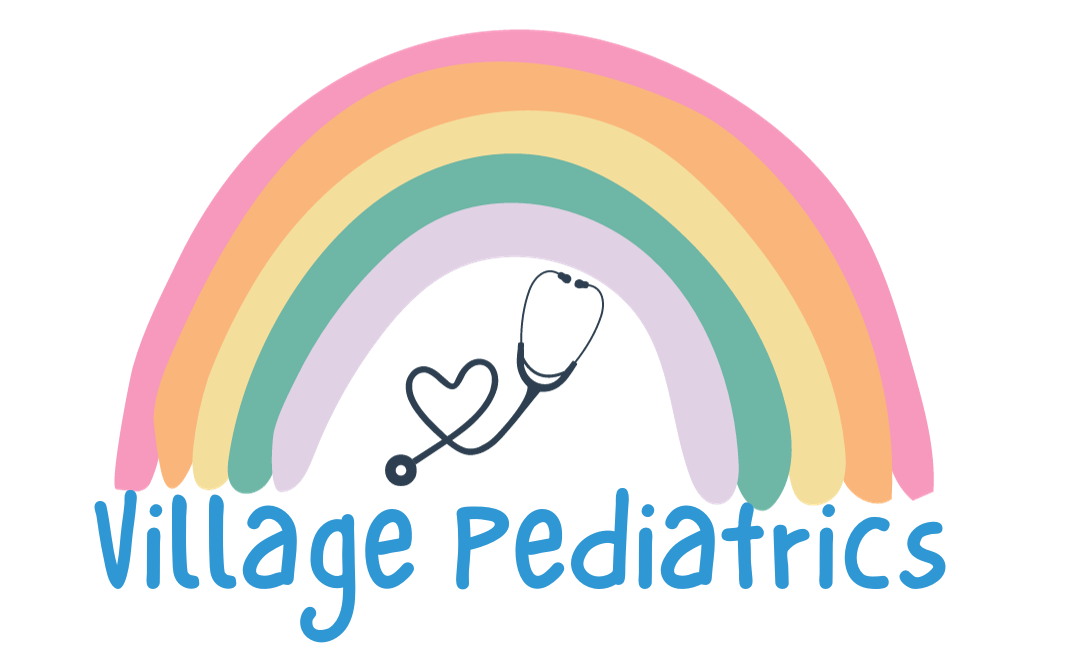203-221-7337 (PEDS)
323 Riverside Ave. 2nd Floor, Westport, CT 06880
Nutrition and Supplement Use (Care of the Young Athlete)
Young athletes often try special diets and supplements to improve their athletic performance. However, many of these products do not live up to their claims to increase strength, speed, and athletic skills. Athletes should focus instead on following the basics of proper hydration and nutrition. Both are crucial in supporting growth and athletic performance. The following is information from the American Academy of Pediatrics about proper nutrition and supplement use.
Fluids
Athletes can lose body fluids very rapidly, so they must make sure they are always well hydrated. Thirst is not a good gauge of fluid needs, and waiting until thirsty to drink can decrease athletic performance. The following are tips on how to maintain appropriate fluid intake:
-
Start each workout well hydrated.
-
Drink more fluids if urine is not pale or clear.
-
Drink fluids during workouts, especially if workouts are longer than 45 to 60 minutes. Frequent small sips of fluid are best. Most teen athletes should drink about 8 ounces of fluid every 20 minutes during an intense workout.
-
Switch from water to sports drinks after 1 hour of activity. (Note: Children will drink more if they are given fluids that have taste, color, and a small amount of sodium [like sports drinks]).
-
Coaches and parents should make sure fluids are always available and encourage appropriate fluid breaks.
-
Athletes may want to weigh themselves before and after workouts to see if they are getting enough fluids. Each pound of weight lost during a workout should be replaced with 16 ounces of fluid.
Carbohydrates
Carbohydrates contain the fuel the body needs to perform and also protect muscle tissue from breaking down. Athletes should have a carbohydrate-rich meal 3 to 4 hours before exercise and a high-carbohydrate snack about 1 hour before exercise. For exercise lasting longer than 1 hour, eating carbohydrates during exercise is helpful as well. Good sources of carbohydrates include rice, beans, spaghetti, whole wheat bread, dried apricots, apples, bananas, yogurt, or baked potatoes.
Athletes should have a carbohydrate snack as soon as possible (ideally within 20 minutes) after working out. This replenishes energy in the muscles, which provides fuel for the next day's training session. This is especially important for athletes who are training almost every day. Children don't need extra carbohydrates if they are drinking sports drinks (which already contain some carbohydrates).
Protein
Proteins contain the building blocks the body uses to recover after workouts and to repair injury. Protein should be spread throughout the day, especially in the 24 to 48 hours after a hard workout. A little bit of protein in the postworkout snack may also help with recovery. Good sources of protein include lean beef, chicken, turkey breast, fish, eggs, beans, lowfat cottage cheese, milk, or cheddar cheese.
Athletes have greater protein needs than nonathletes. However, they should be able to meet these needs with a balanced diet. Vegetarians and athletes who are trying to lose weight may need to add protein to their diets. For example, several tablespoons of nonfat dried milk can be added to liquid milk, soup, pasta sauce, etc. It can be beneficial to meet with a nutritionist for additional guidance.
Nutrition resources
American Academy of Pediatrics
Academy of Nutrition and Dietetics
US Department of Agriculture and other federal government agencies
Vitamins and minerals
Most athletes can easily meet most of their vitamin and mineral needs, as long as they are getting enough calories from a variety of different foods. There is no benefit to getting extra amounts of any vitamin or mineral. However, athletes should talk with their doctor about iron, calcium, and vitamin D.
-
Iron and calcium. Most children in the United States (both athletes and nonathletes) do not get enough iron and calcium in their diets. Teens should have 3 to 4 servings of ironrich food per day and 4 to 5 servings of calciumrich food per day. Good sources of iron include lean beef, turkey, chicken, lentils, beans, tofu, spinach, molasses (blackstrap), or tomato puree. Good sources of calcium include milk, lowfat yogurt, cheddar cheese, calciumfortified orange juice, or tofu prepared with calcium.
-
Vitamin D. Any child who is not consuming at least 32 ounces of vitamin D–fortified milk should receive vitamin D as part of a vitamin drop or pill to ensure adequate vitamin D intake. Vitamin D in milk or vitamin pills also is recommended for adults.
-
B vitamins. While adult athletes may need more of some B vitamins than nonathletes, it is not clear if this is true for children or teens.
Supplements
It is important to remember that diet supplements are not tested and regulated like prescription drug products. Problems with safety, contamination, and quality are common with these products, even if purchased from a reliable source. Popular supplements in young athletes include "weight gain," protein, and vitamin/mineral supplements.
-
Weight gain supplements are basically protein supplements with added calories. When used as directed, they often result in greater increases in fat than in muscle.
-
Protein supplements often contain either a soy- or whey-based protein and are of similar quality to complete proteins obtained in meat, dairy, or soy products.
In young athletes, nutritional needs are best met by a balanced diet, rather than with supplements.
Listing of resources does not imply an endorsement by the American Academy of Pediatrics (AAP). The AAP is not responsible for the content of the resources mentioned in this publication. Web site addresses are as current as possible, but may change at any time.
Copyright © 2012 AAP Feed run on: 1/13/2025 Article information last modified on: 1/24/2022
Contact Us
323 Riverside Ave
2nd Floor
Westport, CT 06880
203-221-7337 (p)
888-354-7455 (f)
office@villagepedi.com

Office Hours
Monday-Friday: Walk Ins- 8:00am-8:30am
Monday-Wednesday:
8:30 am - 5:00 pm
Thursday: 8:30am-6:00pm
(every other Thursday until 8pm)
Friday- 8:30am-4:00pm
Saturday- 09:00am-1:00pm
Contact Us
323 Riverside Ave
2nd Floor
Westport, CT 06880
203-221-7337 (p)
888-354-7455 (f)
office@villagepedi.com

